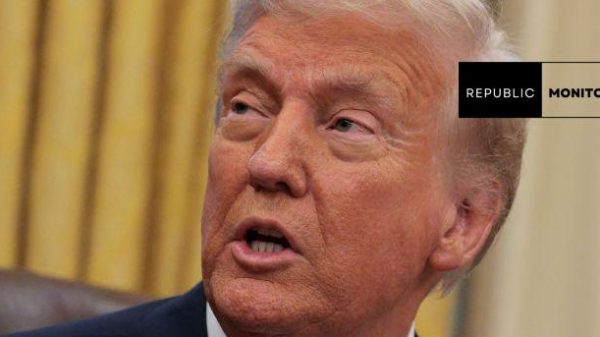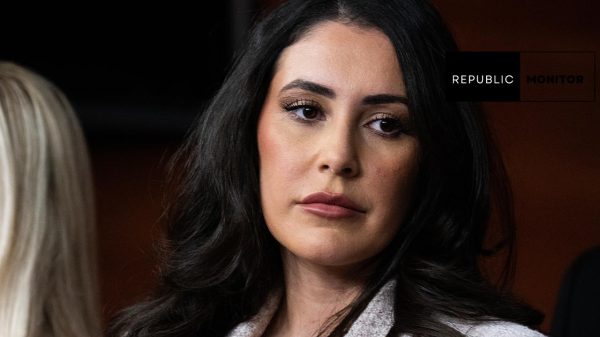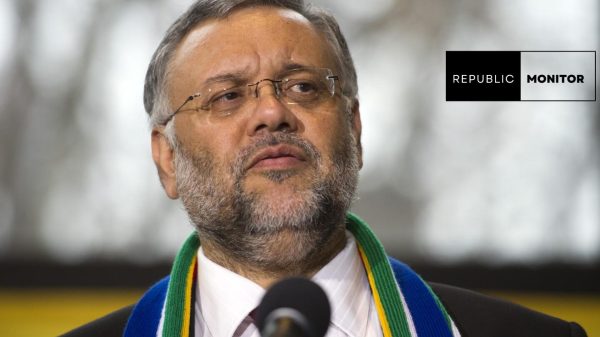Michael Gerson, a speechwriter for George W. Bush, passed suddenly on November 17 at the age of 58. He allegedly passed away at the MedStar Georgetown University Hospital in Washington as a result of complications from his cancer treatment.
Michael John Gerson, a Policy Member with the ONE Campaign and a former senior fellow at the Council on Foreign Relations, was born on May 15, 1964. He writes op-ed columns for The Washington Post. He worked as the primary speechwriter for President George W. Bush from June 2001 to June 2006, a senior policy advisor from 2000 to 2006, and a White House Iraq Group member. Gerson was educated at Wheaton College in Illinois after growing up in St. Louis, Missouri. He resides in Alexandria, Virginia, with his wife and their two kids.
Ponnuru claims that Bush’s speeches did more to defend the president’s policies than official spokespeople and news conferences did, giving Bush’s speechwriters greater importance in the administration than their predecessors had under prior presidents. On the other side, he claimed that speeches would herald new regulations that were never put into effect, making them less effective than ever.

Source: The Hill
Gerson left the White House to pursue other writing and policy activities, it was revealed on June 14, 2006. William McGurn, the chief editor of The Wall Street Journal, took his position as Bush’s principal speechwriter. In “Letting Fear Rule,” one of Gerson’s earliest pieces, he compared opponents of President Bush’s immigration reform proposal to nativist bigots of the 1880s. Gerson compared Saddam Hussein to Pol Pot during a speech at the Atlantic Ideas Fest, drawing jeers from the crowd.
Michael Gerson Cause of Death
Peter Wehner, a longtime friend and former coworker of Michael Gerson, said that he passed away as a result of complications from cancer in an interview with The Post. In December 2004, he had a heart attack and had to stop writing speeches. While penning articles for The Post, he discussed his struggle with depression and said the following in one of his pieces: “I have no doubt that I will ultimately go through the depressive cycle again, but I now have some indisputable self-knowledge. I am aware that, when I’m in the correct frame of mind, I choose hope.” In 2013, Michael received a kidney cancer diagnosis. In a piece for The Washington Post, he claimed that the malignant growth in his right kidney was where it all began. He conducted a number of tests for a few weeks before receiving his diagnosis.
















